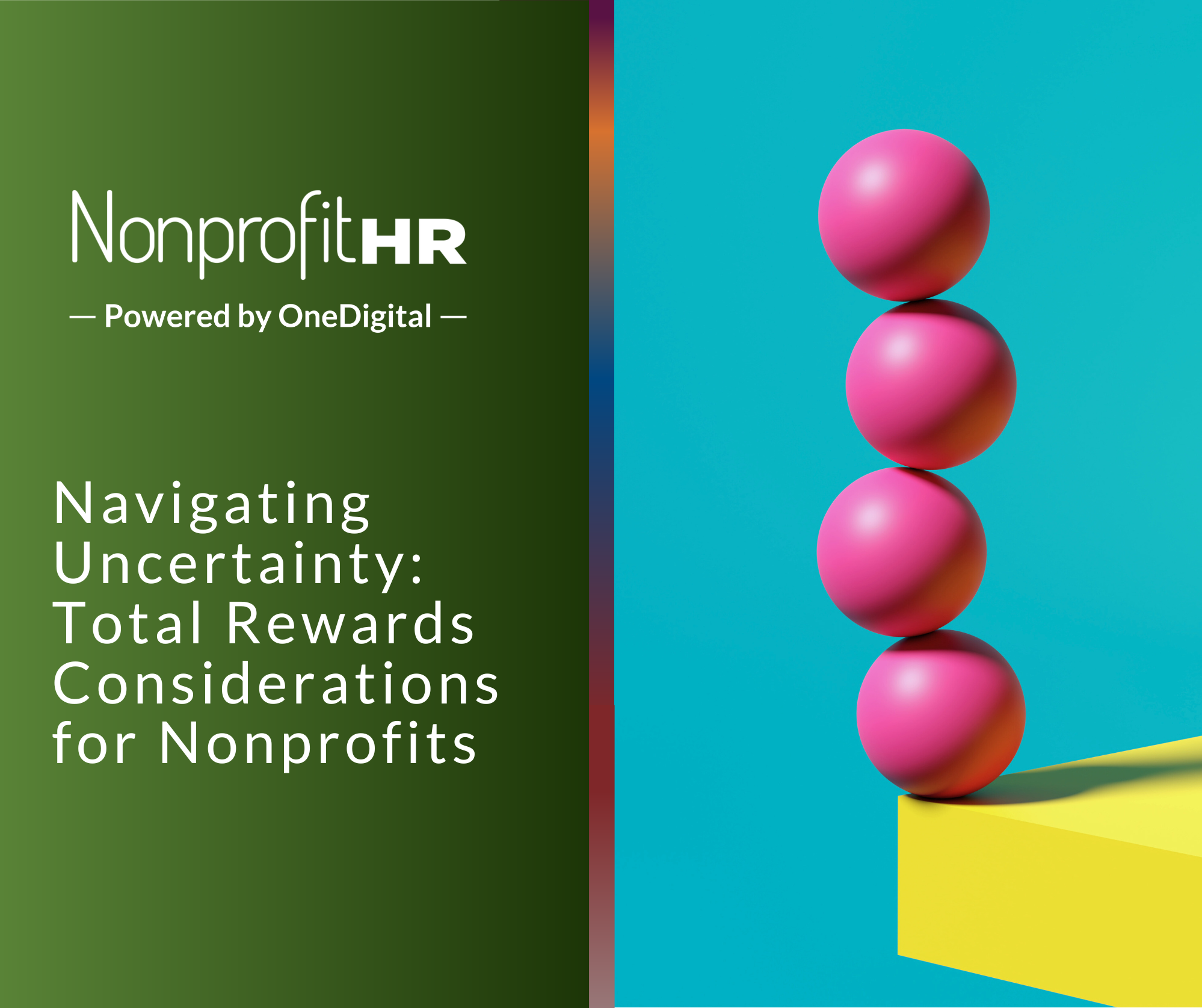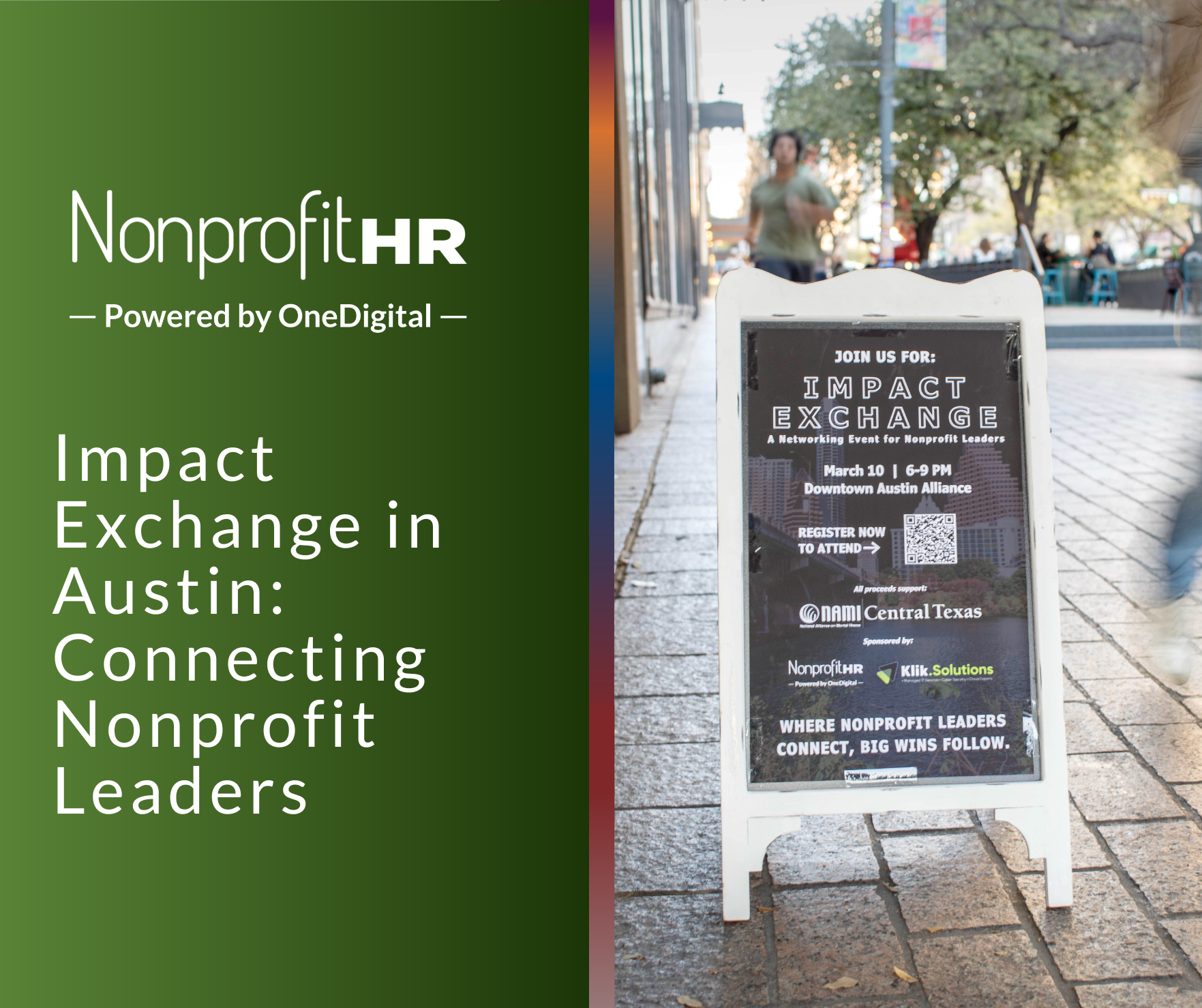WTOP: 5 ways nonprofits can…
I’m firmly convinced that one day I will sit across the desk from my boss and negotiate more than two weeks vacation time. But it appears that I may just need to push my employer to dump the idea of vacation time all together.
The Associated Press has some details on this brave benefits idea.
Adopting an unlimited-time-off policy [has] moved [some into] a small coterie of companies that have jettisoned the age-old traditions of employers defining work as a specific amount of time spent on task and defining vacation as a predetermined amount of paid breaks from that requirement.
Instead…companies are trying to define work as completing tasks successfully — regardless of how much time it takes, let alone when or where that time is logged.
Unlimited time off is a core part of what employers call results-only work environments, or ROWE — where workers are not measured on the time they put in but on the product they turn out. Only 2 percent of employers have such policies, according to a 2011 survey by the Society for Human Resource Professionals. They include such prominent companies as Best Buy, Gap and Netflix.
Proponents of such policies say they are the future of work — even as they acknowledge that it may take a generation for them to be widely accepted. Today, unlimited time off gets a lot of attention — but a lot of skepticism, too.
Employees initially take less time off than they used to because they fear “unlimited vacation” is really a ploy to end guaranteed vacation, so that workers will work more, said Pete Morse, a labor and employment attorney at Barnes & Thornburg LLP in Indianapolis who has helped several employers start unlimited-time-off policies. Barnes itself has an unlimited vacation policy.
Don’t tell me you don’t want to be part of that lucky two percent.





























